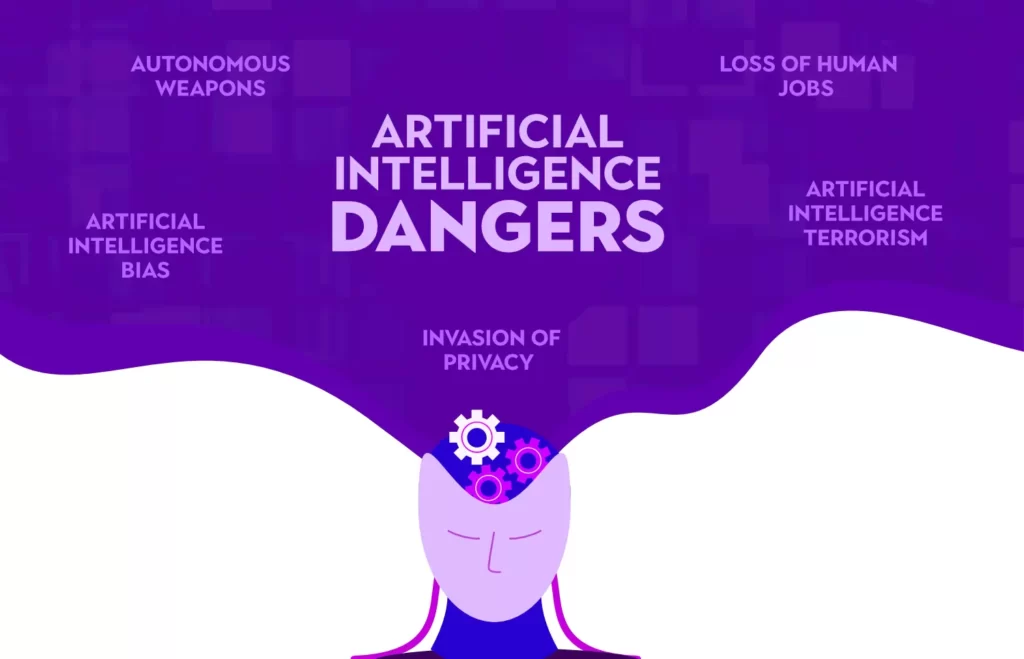
What is Artificial Intelligence?
Artificial Intelligence (AI) is a transformative field of computer science that has captured the imagination of people across the globe. This article aims to provide an in-depth exploration of AI, from its historical origins to its current applications and future potential. We will delve into the fundamental concepts, various subfields, and the ethical considerations surrounding AI.
Introduction to Artificial Intelligence
Artificial Intelligence, often abbreviated as AI, refers to the development of computer systems that can perform tasks that typically require human intelligence. These tasks encompass a wide range of activities, from simple data analysis to complex decision-making processes. AI systems are designed to mimic human cognitive functions such as problem-solving, learning, reasoning, and perception.
Historical Perspective
The concept of artificial intelligence has been a part of human imagination for centuries, from ancient myths of automatons to science fiction stories of intelligent robots. However, the formal inception of AI as a scientific discipline can be traced back to the mid-20th century. Here are some key milestones in the history of AI:
1. Dartmouth Workshop (1956)
In 1956, the Dartmouth Workshop, organized by John McCarthy, Marvin Minsky, Nathaniel Rochester, and Claude Shannon, marked the birth of AI as a field. The workshop aimed to explore how machines could simulate human intelligence and solve problems.
2. Early AI Programs
The late 1950s and 1960s saw the development of early AI programs like the Logic Theorist and General Problem Solver, which demonstrated reasoning capabilities and problem-solving.
3. AI Winter
The AI field faced several periods of stagnation known as “AI winters” due to unrealized expectations and funding cutbacks in the 1970s and 1980s.
4. Renaissance of AI
AI experienced a resurgence in the 21st century, with advances in machine learning, neural networks, and the availability of large datasets leading to significant breakthroughs.
Core Concepts of AI
AI encompasses several core concepts and technologies, including:
1. Machine Learning
Machine learning is a subset of AI that focuses on the development of algorithms that enable computers to learn from and make predictions or decisions based on data. Supervised learning, unsupervised learning, and reinforcement learning are common techniques within machine learning.
2. Deep Learning
Deep learning is a subfield of machine learning that employs neural networks with many layers (deep neural networks). This technology has been crucial in achieving remarkable progress in tasks like image and speech recognition.
3. Natural Language Processing (NLP)
NLP is the branch of AI concerned with enabling machines to understand, interpret, and generate human language. It plays a vital role in chatbots, language translation, and sentiment analysis.
4. Computer Vision
Computer vision involves teaching computers to interpret and understand visual information, enabling applications such as facial recognition, object detection, and autonomous vehicles.
5. Robotics
AI-driven robots are designed to interact with and manipulate the physical world. They have applications in manufacturing, healthcare, and space exploration, among others.
AI Applications
AI has found applications across a wide range of industries, transforming the way we live and work:
1. Healthcare
AI aids in diagnosing diseases, drug discovery, and personalized treatment plans. Machine learning models analyze medical images and patient records to improve healthcare outcomes.
2. Finance
In finance, AI is used for fraud detection, algorithmic trading, and risk assessment. Chatbots provide customer support, while robo-advisors manage investments.
3. Retail
AI powers recommendation systems, inventory management, and cashierless stores. Chatbots and virtual assistants enhance customer service.
4. Transportation
Autonomous vehicles, powered by AI, have the potential to revolutionize transportation, making it safer and more efficient.
5. Entertainment
AI-driven content recommendation systems, personalized playlists, and deepfake technology are changing the landscape of entertainment.
Ethical Considerations
The rapid advancement of AI has raised significant ethical concerns:
1. Bias and Fairness
AI systems can inherit biases present in their training data, leading to discriminatory outcomes. Ensuring fairness and addressing bias in AI algorithms is a pressing issue.
2. Privacy
The collection and analysis of vast amounts of data by AI systems raise concerns about individual privacy. Striking a balance between data utility and privacy is a challenge.
3. Job Displacement
As AI automates certain tasks, there are concerns about job displacement and the need for reskilling and upskilling the workforce.
4. Accountability
Determining responsibility when AI systems make decisions, particularly in critical applications like autonomous vehicles or healthcare, is a complex issue.
Future of AI
The future of AI promises even more profound impact on society. Developments in AI ethics, explainability, and safety will be critical. AI will continue to drive innovation in healthcare, transportation, and education. The journey towards creating artificial general intelligence (AGI), machines that possess human-level intelligence, remains a long-term goal with significant challenges.
In conclusion, artificial intelligence is a dynamic and ever-evolving field that holds immense promise while raising complex ethical questions. Its transformative potential is reshaping industries and society, making it a topic of paramount importance in the 21st century. Understanding AI and its implications is crucial for individuals, businesses, and policymakers as they navigate the AI-powered future.


